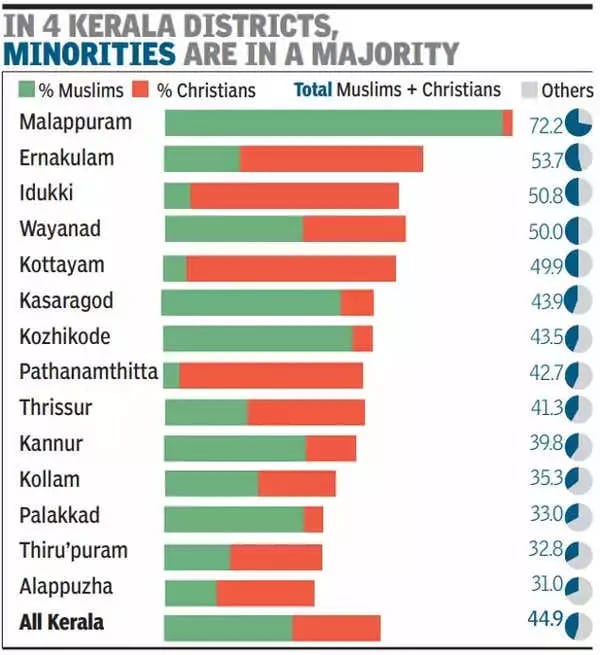In the lead-up to the 2026 Kerala Assembly elections, Chief Minister Pinarayi Vijayan and the Communist Party of India (Marxist) [CPI(M)] are facing mounting criticism from Muslim organisations, notably the Jamaat-e-Islami Kerala. This development signals a potential realignment of political alliances in the state.
According to The Federal, during recent district conferences, CPI(M) leaders, including Vijayan, openly criticised the Indian Union Muslim League (IUML) for allegedly aligning with “communal forces” such as Jamaat-e-Islami and the Social Democratic Party of India (SDPI).
Vijayan stated, “The Indian Union Muslim League (IUML) has gradually come under the influence of the Jamaat-e-Islami and SDPI despite the rejection of these factions by the majority of Muslims.”
CPI(M) State Secretary M.V. Govindan echoed this sentiment, labelling the Jamaat-e-Islami as representing “the extreme end of minority communalism, much like the SDPI.”
He further alleged that these organisations acted as allies to the United Democratic Front (UDF) during the last Lok Sabha elections.
In response, P. Mujeeb Rahman, the Kerala Ameer of Jamaat-e-Islami, accused the CPI(M) of adopting a dangerous political stance. He stated, “The CPI(M)’s criticism reflects their recent political stance. Having failed to secure minority support in 2019 and 2024, the CPI(M) is resorting to a dangerous social engineering by endorsing Sangh Parivar narratives to consolidate the Hindu and Christian vote bank.”
Historically, Kerala’s Muslim community predominantly supported the Congress-led UDF, primarily due to the IUML’s strong alliance with the Congress. However, the demolition of the Babri Masjid in 1992 marked a turning point, leading to increased Muslim support for the Left Front. This shift was evident in the 2006 Assembly elections, where prominent IUML leaders were defeated by CPI(M)-backed candidates.
The recent criticisms by CPI(M) leaders appear to be a strategic move to consolidate Hindu and Christian votes amid concerns of losing Muslim support. This approach has inadvertently provided the Jamaat-e-Islami with a more prominent role in Kerala’s political discourse. As the 2026 elections approach, the evolving alliances and voter sentiments will play a crucial role in shaping the state’s political future.




